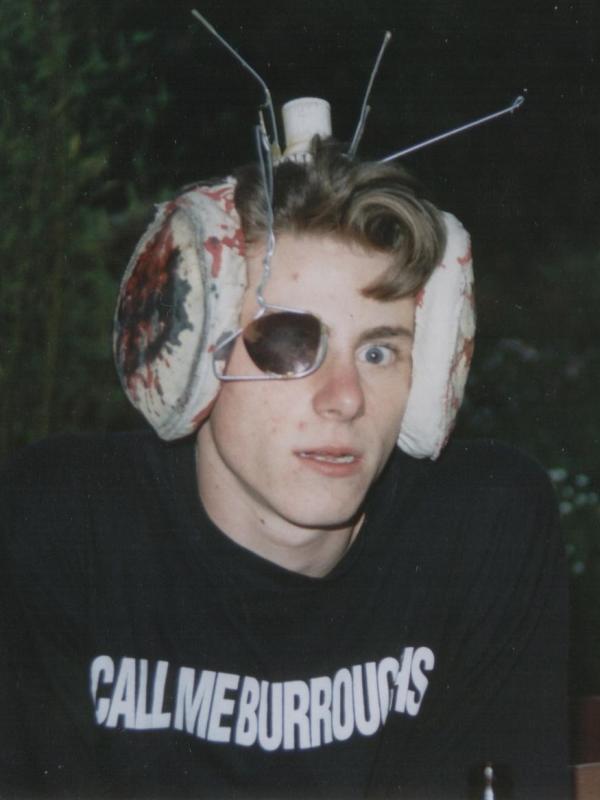Central to scientific method is the hypothetical - the practice of science involves the construction and testing of scientific hypotheses. The hypotheses accepted by science aren't necessarily true, it's just that they are more true than anything else anybody has come up with. (In fact, according to the epistemologist Karl Popper, scientific hypotheses are necessarily falsifiable, and thus science is necessarily false. Take that atheists!). Of course, any jerk can come up with a hypothesis - some type of 'what if' scenario which has more or less of a relationship to reality, much like my cannibalistic agent evolution simulations. The thing that I get the greatest kick out of during my brief dabbles into the philosophical aspects of my studies is the hypothetical. Any philosophical essay goes through a number of modes: some interesting intuitive explanations, some boring difficult abstractions, but nothing inspires the action downstairs as much as when they start outlining the hypothetical scenario.
In earlier posts I likened an indulgent philosophical discussion to self abuse. Something else I've noticed during drunken moments where some poor sucker has inquired too deeply about my thesis topic and on my visits to blogs where such things are oft discussed, is that there is a fine line between philosophical discussions and trolling. Especially if it's something to do with ethics and morality. For example, during the early stages of my relationship with Jodi, I posed the hypothetical: if I had a life threatening condition which required me to always be tickling someone, in particular, whoever happens to be closest to me, would you break up with me? It's like asking: if I had a life threatening condition which required me to always be asking annoying hypotheticals, would you break up with me? Needless to say we were lucky to survive the early hurdles of our relationship.
All this talk about philosophy and hypotheticals reminds me a troll I once met called So-Crates. So-Crates was one of those annoying trolls who lived under the bridge across the river Wey and would jump up and ask difficult hypotheticals in exchange for safe passage across the bridge. I could've swam across the river, but then I'd of had to contend with the pirates who were already eyeing the emergency ice-cream I carry every time I leave home (just in case). Anyhow, the question So-Crates posed was regarding hedonism - a test to determine whether the pursuit of pleasure and the avoidance of pain was the highest objective of human life, i.e., everything we do can be reduced to the pursuit of pleasure. He asked me to imagine a machine which controlled the pleasure and pain receptors of the brain, such that anybody hooked into the machine would only feel pleasure (like eating ice-cream, but without ice-cream headaches). The machine is 100% reliable - apparently So-Crates can guarantee such things as the God of his hypothetical universe. Now, So-Crates' question was this: would you agree to hook yourself into this machine for some extended period of time? Obviously you'll miss out on whatever, potentially painful, things are going on in the real world. People who'd say 'yes' don't need to explain further, as the benefits are obvious, but if you'd say 'no' (or perhaps something more emotive), then the burden is on you to explain why not. You don't have to listen to So-Crates if he says something particularly jerkish, such as, there is a right and wrong answer.
Friday, February 16, 2007
Subscribe to:
Comments (Atom)

